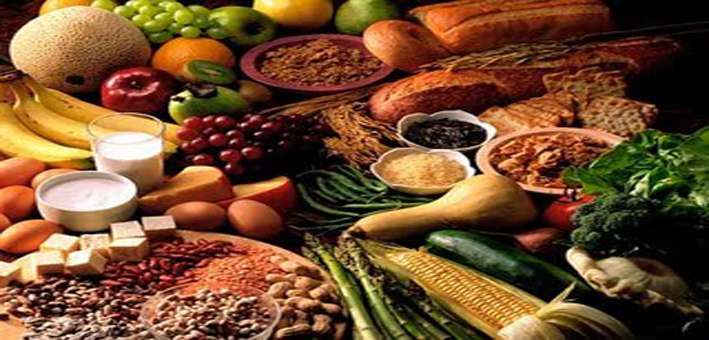 A cup of kidney beans can provide around one-third, if not more, of the fiber you need per day. Other high fiber foods include berries, cruciferous vegetables, oats, chia seeds, and dark chocolate.
A cup of kidney beans can provide around one-third, if not more, of the fiber you need per day. Other high fiber foods include berries, cruciferous vegetables, oats, chia seeds, and dark chocolate.
The Academy of Nutrition and Dietetics recommends consuming about 14 grams (g) of fiber for every 1,000 calories you consume daily.
The following table shows the recommended fiber intake for people of different ages:
| Age | Male | Female |
| 1–3 years | 14 g | 14 g |
| 4–8 years | 19.6 g | 16.8 g |
| 9–13 years | 25.2 g | 22.4 g |
| 14–18 years | 30.8 g | 25.2 g |
| 19–50 years | 38 g | 25 g |
| 51 years and over | 30 g | 21 g |
Most Americans consume only around 15 g of fiber per day, or half of their recommended needs.
What is fiber and what types are there?
In the past, experts used the term fiber to describe a type of carbohydrate the body couldn’t digest. More recently, scientists have found that some digestible substances also share properties with fiber, which makes fiber harder to define.
Here are some ways scientists classify fiber:
- Dietary fiber is naturally present in plants that we eat.
- Added fiber is fiber that manufacturers add to some products to increase their health benefits.
- Soluble fibers are water soluble and therefore digestible.
- Insoluble fibers are not digestible.
- Soluble fibers come from the insides of plants and include substances such as pectin. They are present in fruits, vegetables, oats, and barley and may help manage blood sugar and cholesterol levels.
- Insoluble fibers come from the outer skins of plants and pass straight through the digestive system. They can help prevent constipation. Examples include bran, celery, whole grains, and seeds.
Benefits of fiber
Dietary fiber can offer the following benefits:
- Reducing cholesterol: Fiber in the digestive tract can help reduce the body’s cholesterol absorption, especially if you take statins and use fiber supplements, such as psyllium fiber.
- Promoting a healthy weight: High fiber foods like fruits and vegetables tend to be lower in calories. Fiber can also slow digestion to help you feel fuller for longer.
- Preventing constipation: Fiber can speed up digestion and prevent constipation. Insoluble fiber adds bulk to the digestive tract, as your body doesn’t digest it. This stimulates the intestines.
- Managing blood sugar: The body takes longer to break down high fiber foods, which means glucose does not enter the bloodstream so quickly. This helps you maintain more consistent blood sugar levels.
- Reducing cancer risk: Eating enough fiber may help prevent certain cancers, including colon cancer. One reason may be that some types of fiber, such as the pectin in apples, may have antioxidant properties.
If you’re adding high-fiber foods to your diet, do so gradually over a few days and drink plenty of water, too. This can help prevent adverse effects, such as bloating and gas.
For a more complete evaluation on your fiber intake, please do not hesitate in contacting me.
http://cb-consulting.ca/services-2/health-consultation/?lang=en

